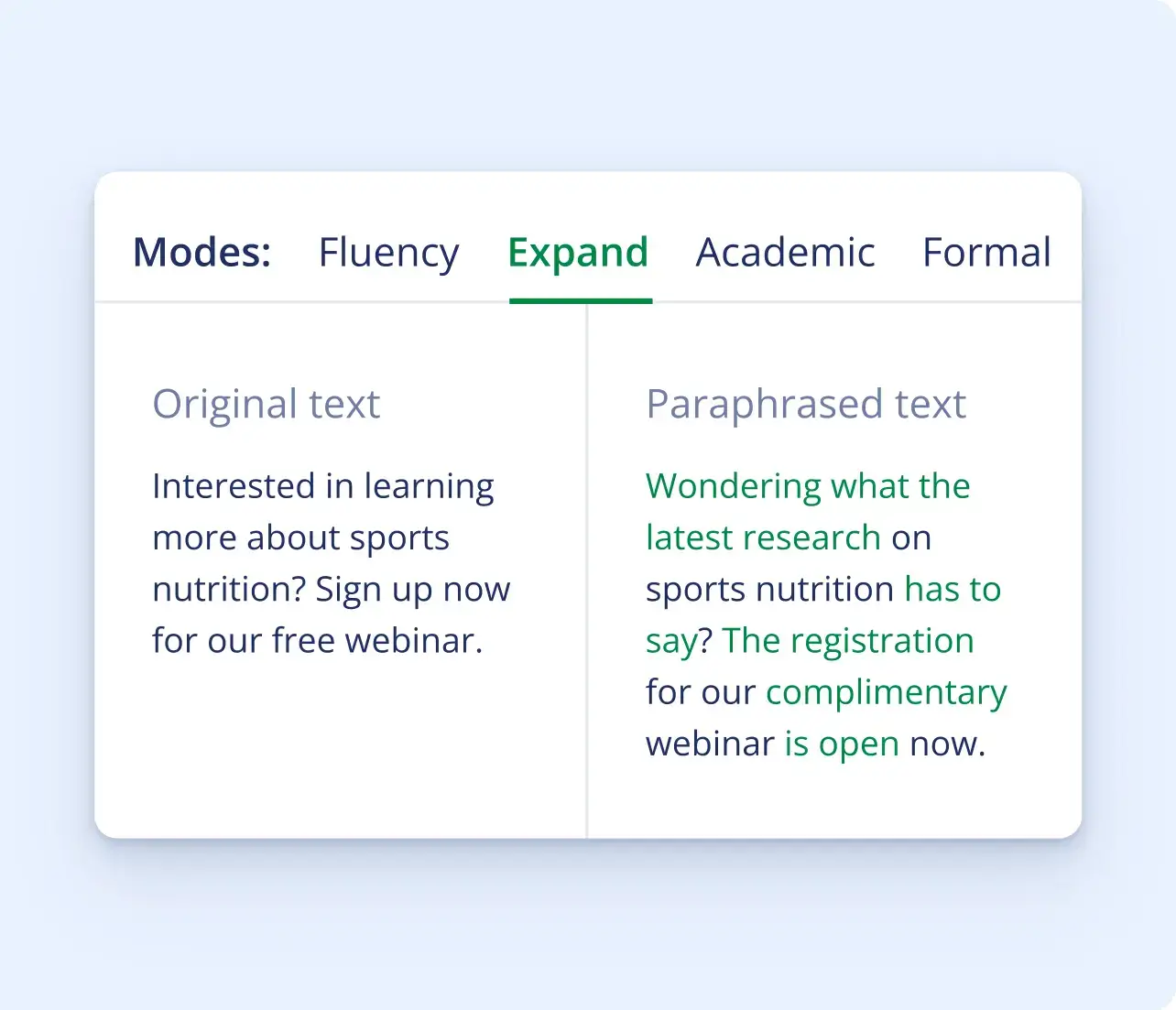If we cancel a planned flight because of a recent air disaster, we are demonstrating the availability heuristic. Air travel hasn’t suddenly become more dangerous (in fact, the opposite is likely to be true), but our perception of its dangers has changed.
Panic buying can be partly explained by the availability heuristic. Media coverage of panic buying can make us believe that we need to stock up on items that, in reality, we have no shortage of.
Read this FAQ: What are some examples of the availability heuristic in everyday life?
The difference between confirmation bias and availability bias is that they refer to two separate ways of processing information.
- Availability bias (or availability heuristic) describes how people tend to make decisions based on information that is readily available to them. This is often because it is more recent or because it has received coverage in the media.
- Confirmation bias describes the tendency to latch on to information that confirms ideas that we already hold.
Read this FAQ: What is the difference between confirmation bias and availability bias?
There are quite a few examples of heuristics (mental shortcuts) in psychology. The availability heuristic describes how information that is more easily available to us can have a disproportionate effect on our decisions.
The representativeness heuristic leads us to believe the probability of something based on stereotypes that we carry in our minds.
Read this FAQ: What are some examples of heuristics in psychology?
Like all cognitive biases, self-fulfilling prophecies can be hard to avoid, especially because they operate at the unconscious level. There are some steps, however, that can help you avoid them:
- Recognize self-fulfilling prophecies in your thoughts. It is worth taking time to analyze your thought patterns and the negative thoughts and beliefs you hold about yourself. Recognizing them allows you to take steps to alter them.
- Rephrase and reframe your language. Damning yourself with absolute negative thoughts like “I can’t” or “never” feeds into negative self-fulfilling prophecies. Instead, use positive phrases (e.g., “I will try,” “I’ll give it a go”).
- Change your mindset to a growth mindset. Recognize that your abilities and talents are not fixed in time, but can all improve. Celebrate each positive step you make to help create positive self-fulfilling prophecies.
Read this FAQ: What is the best way to avoid a self-fulfilling prophecy?
A good example of the representativeness heuristic is a juror deciding that a person is not guilty of a crime because their appearance is very smart and ordinary. The person’s appearance does not match the juror’s perception of an “average” criminal.
Read this FAQ: Which example best describes the representativeness heuristic?
The representativeness heuristic directs our focus toward superficial similarities between people and scenarios and can therefore lead to stereotyping.
Basing decisions on our stereotypes of a person’s ethnic identity, profession, or gender can lead to discrimination and bias.
Read this FAQ: Why is the representativeness heuristic a problem?
Placebos are used in medical research to help establish whether a trial treatment is effective. The placebo effect describes how even receiving a “dummy” treatment (e.g., a sugar pill or saline infusion) can lead to improvement in symptoms.
For this reason, researchers use a control group who receives the placebo and a treatment group who receive the experimental drug. The effectiveness of the new treatment is measured by how much better it is at treating the condition compared with the control group.
In most cases, researchers use a double-blind experimental design to reduce bias.
Read this FAQ: Why are placebos used in research?
The placebo effect is most likely attributable to a number of causes, although no one is certain what the definitive explanation might be. Some explanations for the causes of the effect include:
- The power of suggestion
- Classical conditioning
- The doctor–patient relationship
Research into the placebo effect is always developing and throwing new light on the phenomenon.
Read this FAQ: What causes the placebo effect?
Myside bias is very similar to confirmation bias (a subtype of cognitive bias), and some people use the terms interchangeably. In its specific meaning, it refers to our tendency to process information in ways that emphasize our existing beliefs. It is particularly prevalent in politics, but can also be seen in sports.
For example, a possible infraction in a soccer game will be seen as an obvious foul by one group of fans, but not by the other group of fans.
Read this FAQ: What is myside bias?
Cognitive bias is very difficult to spot in our own thinking, but there are some things to watch out for if we want to maintain intellectual integrity.
- Try not to filter out information that doesn’t align with our existing beliefs, because that can lead to our missing vital evidence.
- Be aware of when the initial information we receive can color our assessment of subsequent data.
- Try to be aware of our own stereotypical views to guard against confirmation bias.
Read this FAQ: What are signs of cognitive bias?
